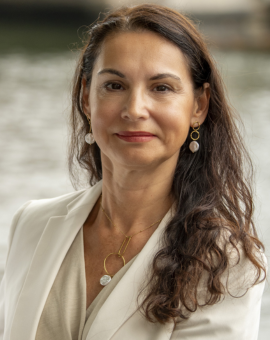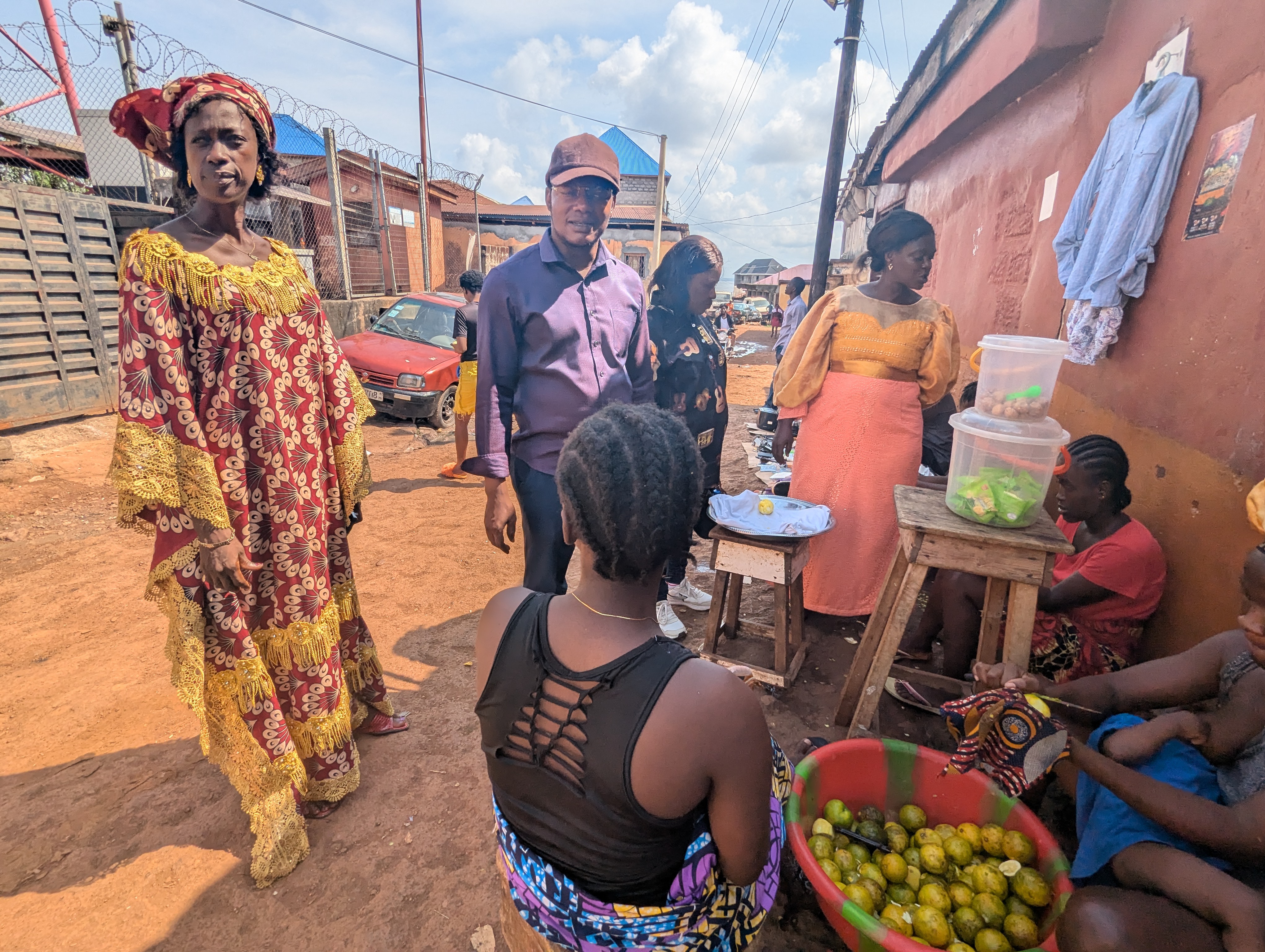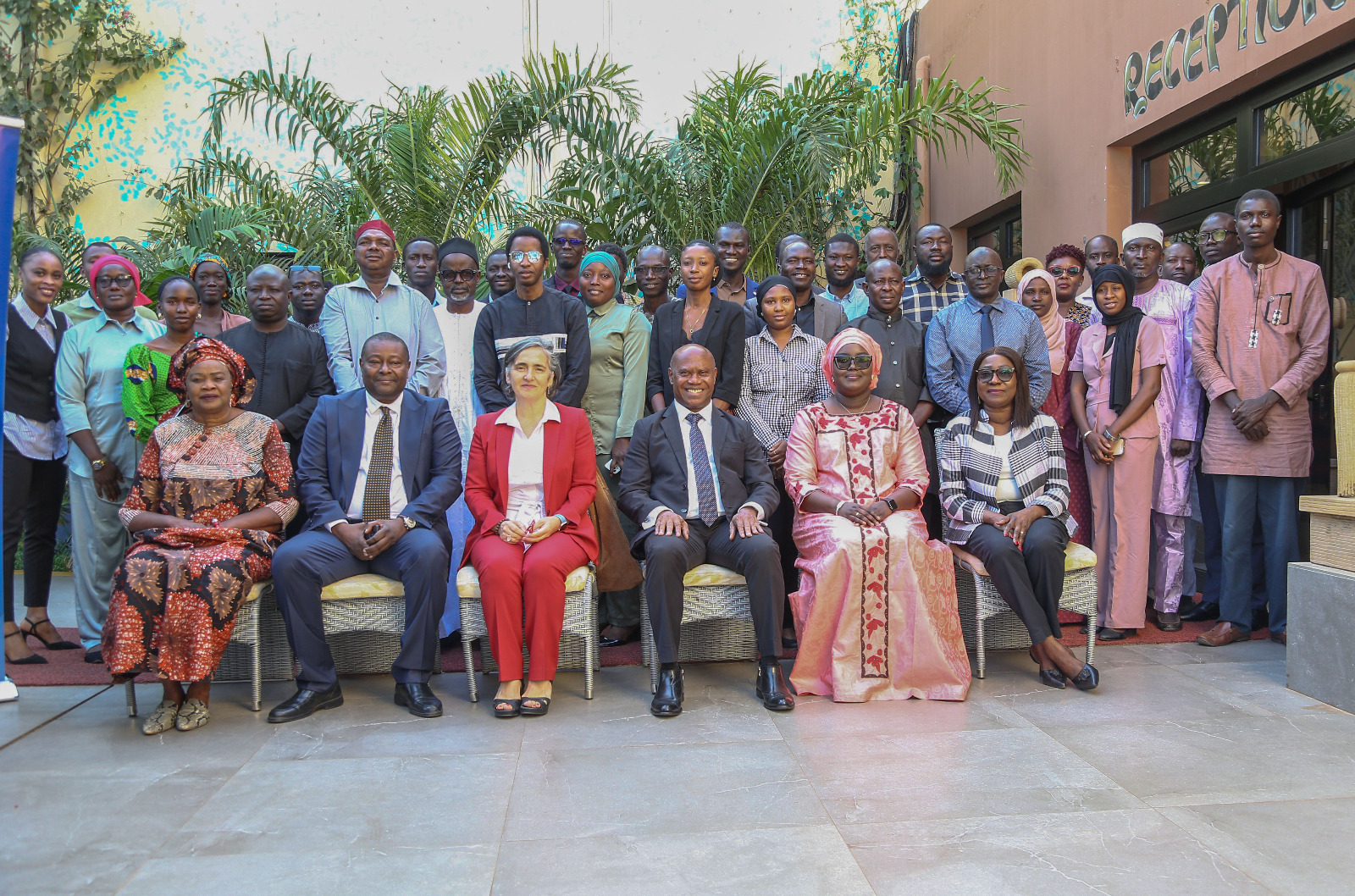Secretary-General in high-level panel at World Forum for Democracy in Strasbourg
On 10 November 2017, the Secretary-General of International IDEA, Mr Yves Leterme, travelled to Strasbourg, France, to participate in a high-level plenary panel discussion at the annual World Forum for Democracy.
The World Forum for Democracy (WFD) has been organized every November since 2012 by the Council of Europe (CoE), and brings together political decision-makers and activists to debate solutions to key challenges for democracies worldwide. This year´s Forum focused on populism, the threats it can pose to democracy, and the role of political parties and media in this context.
At the WFD, International IDEA´s Secretary-General participated in a panel discussion on the topic of multilateral responses to populism, together with Ms Anda Filip, Director of Member Parliaments & External Relations at the Inter-parliamentary Union; Mr Kevin Rudd, Former Prime Minister and Foreign Minister of Australia, and Chair of the Independent Commission on Multilateralism; Mr Terje Rød-Larsen, President of the International Peace Institute; and Ms Thea Tsulukiani, Minister of Justice of Republic of Georgia.
The panel was moderated by Mr Marko Grdošić, Chair of the Joint Council on Youth and the Advisory Council on Youth, and Ms Snežana Samardžić-Marković, Director General of the Council of Europe’s Directorate General for Democracy.
During his intervention, Mr Leterme stressed that democracy worldwide indeed faces challenges, among which populism is one. However, he also emphasized that populism is fueled by dissatisfaction with democracy’s capacity to deliver equity, reduce inequalities, fight poverty, ensure security and socio-economic development and those grievances need to be heard and addressed by politicians and policy-makers. “We must avoid deepening the gap by not listening”, Leterme said.
The Secretary-General subsequently stressed that the root causes of the current, widespread distrust of political parties and institutions must be addressed, with corruption remaining a major source of discontent in many countries. He emphasized how corruption undermines the legitimacy of democracy and contributes to corrode democratic principles. He also called for an increased yet balanced use of new technologies to strengthen inclusion and promote constructive debate, and ended his intervention by emphasizing the importance of political will to address the challenges democracies face, and both the multilateral and national levels.
During his visit to Strasbourg, the Secretary-General also held bi-lateral meetings with the Executive Secretary of the CoE’s Group of States against Corruption (GRECO), Mr Gianluca Esposito, Executive Secretary of the CoE’s Venice Commission, Mr Thomas Markert, Mr Mario Martins, Director General of the CoE’s Parliamentary Assembly Secretariat, Ms Snežana Samardžić-Marković, Director General of the CoE’s Directorate General for Democracy, and Mr Jiri Vogl, Head of the CoE’s Department of Relations with International Organizations and Non-Member States. With the assistance of the Belgian Permanent Representative to the CoE, Ambassador Gilles Heyvaert, a meeting with representatives of International IDEA Member States (nine of which are represented in Strasbourg) and other selected Member States of the CoE was organized on Tuesday, 07 November 2017. Representatives from 23 States attended the meeting, during which the Secretary-General introduced International IDEA, provided an overview of its activities, and shared information on its forthcoming Global State of Democracy Report.


